Everybody thinks they’ve got good manners, and we all know how awkward things get when you forget them. We all slip up sometimes, but if you wonder why people might get annoyed at you, it might be time for a little etiquette check-up. Here are 18 signs that your manners need some work.
Forgetting to Play Matchmaker

We’ve all had those times when we’ve been left hanging in a group, not knowing who anyone is. Not introducing people to each other can make you seem a bit careless, but it’s quick and easy enough to do. Make everyone feel included because you could even connect people together who might just hit it off.
Phone Obsessed at the Table
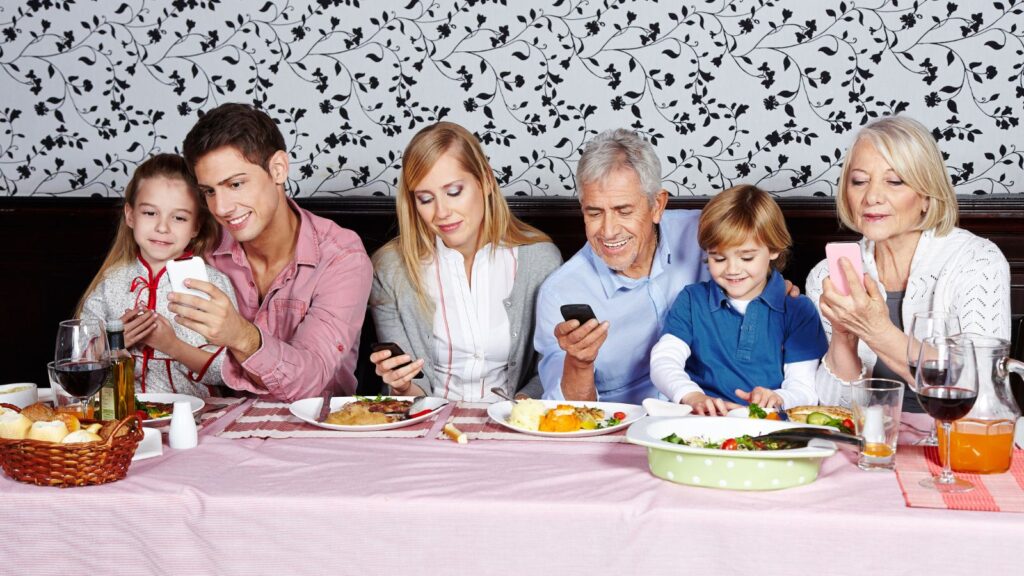
Next time you’re at dinner, and your phone is out more than your fork, that’s a big mistake. It’s pretty rude to read your texts or scroll when you should be conversing, so give your phone a break. This way, you show that you care more about the people you’re with than your screen.
Skipping the Magic Words
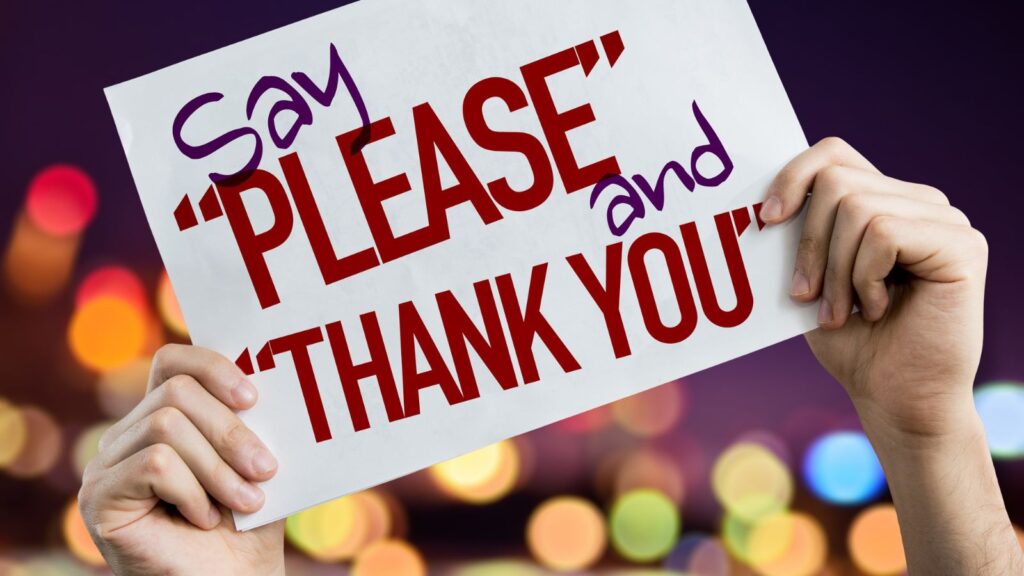
While not saying “please” and “thank you” may not seem like a big deal, it actually is. These words make any kind of respect a lot softer and show appreciation. They also make people more likely to help you in the future because they feel their efforts are valued, so don’t forget to use them.
Cutting Off Conversations

Interrupting suggests to other people that what you’ve got to say is way more important. Waiting your turn makes conversations smoother and more enjoyable for everyone because they’ll know you value their opinion and you’re a good listener. When you let others fully express themselves, they feel respected.
RSVP? What RSVP?
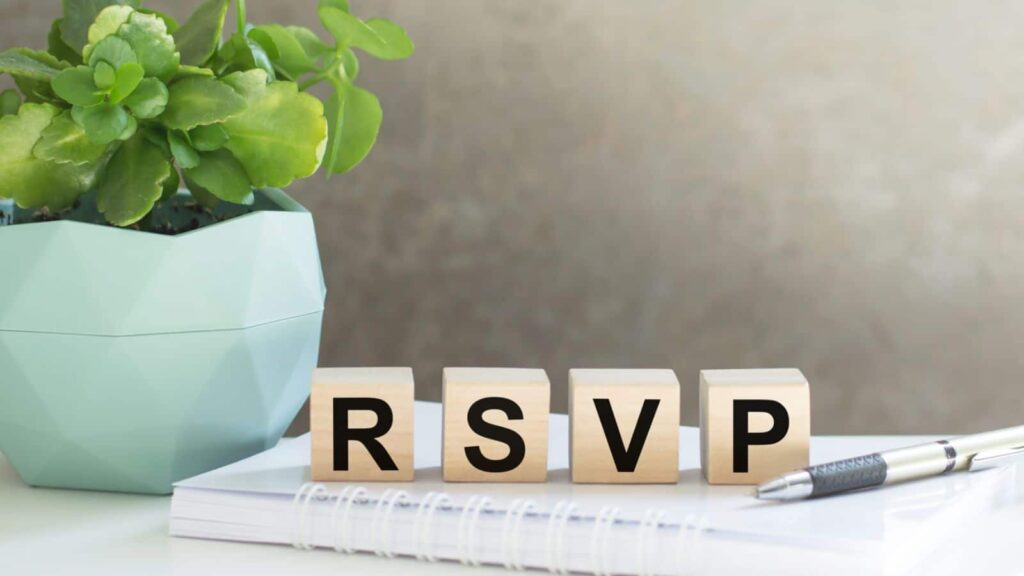
Don’t be too slow to reply to party invites or skip responding altogether. Hosts need to know how many mouths they’re feeding or chairs they need, and a quick yes or no is all it takes. You shouldn’t take more than a day or two after the invite to tell the hosts whether you’re coming. If you really do need more time, make sure to tell them that.
The Missing Handshake

Skipping a handshake when you meet someone makes it seem like you’re not fully engaging with them, as this little gesture sets a tone of respect. A firm handshake and a warm smile can break the ice to put you both on the same level. It’s a small move that can actually do a lot to create a good first impression.
Overpowering the Talk

Don’t start talking louder, just to keep the floor. Conversations are meant to be teamwork, not competition, so let everyone have their say. Being considerate of the volume and tone of your voice will keep conversations friendly and ensure that everyone feels comfortable sharing their thoughts.
Eye Contact Goes a Long Way

While it’s okay to look away now and again, you should try to maintain as much eye contact as possible, as avoiding it makes you seem disinterested or like you’re hiding something. Consistent eye contact also builds trust and makes the conversation more meaningful. It’s a pretty simple way to tell the other person that you’re present.
Table Manners, Please

Chewing with your mouth open or reaching across the table is gross and also kind of rude. Good table manners mean keeping your elbows off the table and putting your napkin in your lap because everyone appreciates someone who makes the meal enjoyable. All it takes is a few wrong moves to ruin dinner.
The Last Bite Battle

Speaking of food, don’t go for the last piece of pie without asking other people first because it’s polite to check if anyone else wants that last slice before you make your move. At a meal, everyone should feel as though they’ve had their fair share so that there’s no awkwardness. After all, dinners should involve sharing good times and good food.
Slamming Doors
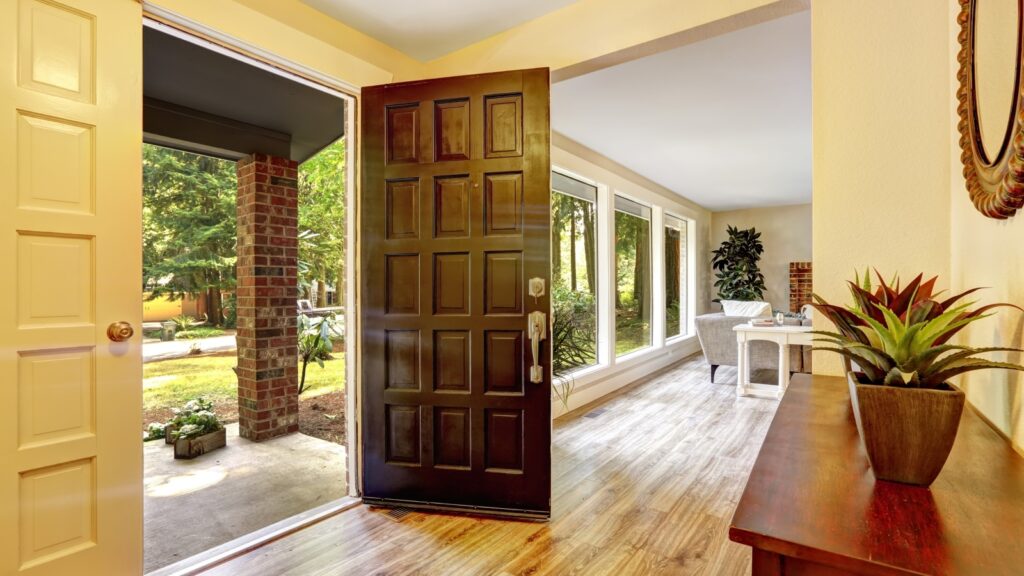
Letting a door slam behind you instead of holding it for the next person comes off as thoughtless, especially since holding the door open is pretty simple. Be considerate of those around you by making public spaces a little friendlier. You’d want someone to hold the door open for you, right?
Not Pitching In

When everyone’s clearing the table or setting up for a meeting, and you’re just sitting there, that’s not a great look. You should offer some help, even if they reject it, so they know you’re a part of the team. People almost always appreciate an extra pair of hands, which usually makes you feel good.
Personal Space

Everyone values their personal space, so don’t invade someone else’s. Keep a respectful distance, especially important in professional settings or when you’re around people, you don’t know well, so they know you recognize and respect their personal boundaries. Nobody should feel uncomfortable in a conversation.
The Name Game
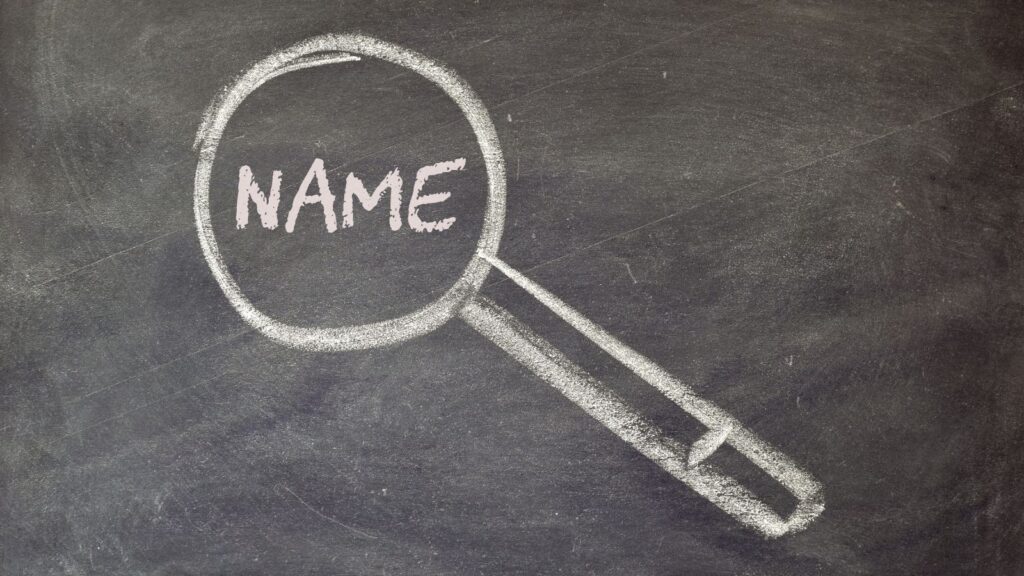
Messing up names or forgetting them altogether after being introduced is a surefire way to make people feel undervalued. Put in a little effort to remember their names to show that you respect them. Of course, if you are bad with names, try using memory tricks or repeating the name during your conversation because people appreciate it when you respect and acknowledge them.
The Non-Apology
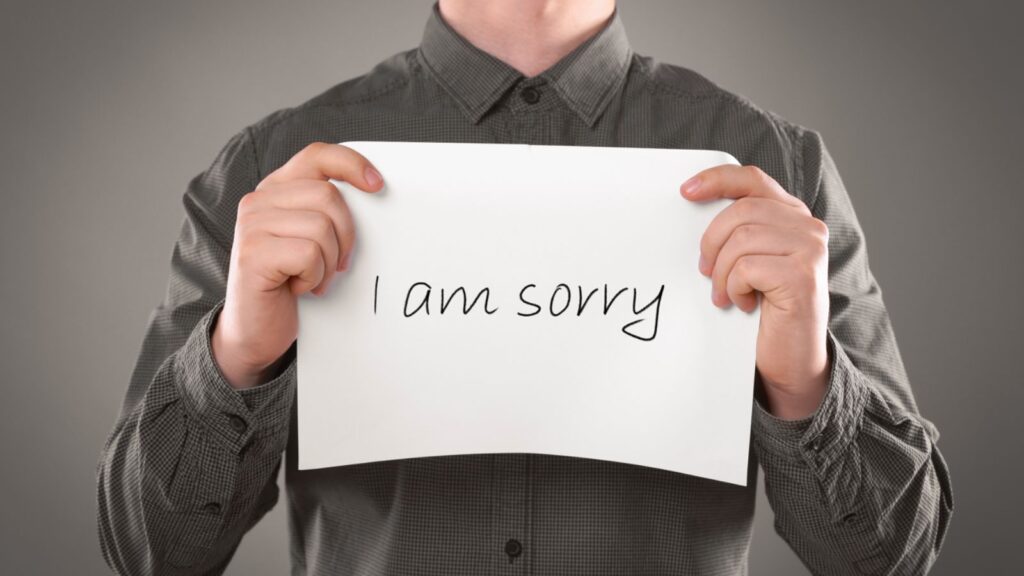
Making a mistake and not apologizing makes you look pretty stubborn. Owning up to your flaws shows you’re considerate and don’t have an inflated ego while proving you’re a mature adult. Of course, you’ve got to make sure that your apologies are genuine, meaning no “I’m sorry, but…” responses.
Dress Code Disaster

Ignoring the dress code at a party or an event tells people that you don’t care much about the effort your host has put in. Matching the dress code respects their wishes and suggests that you care about the details. Plus, nobody wants to be the one standing out at the party for all the wrong reasons.
Eating Early

You shouldn’t start eating your food immediately, as it’s polite to ensure everyone’s ready to eat simultaneously. It’s a sign of consideration that also improves the sense of togetherness of sharing a meal. If you start your food simultaneously, nobody will feel rushed or left out, making dining much more enjoyable for everyone.
Common Courtesy MIA
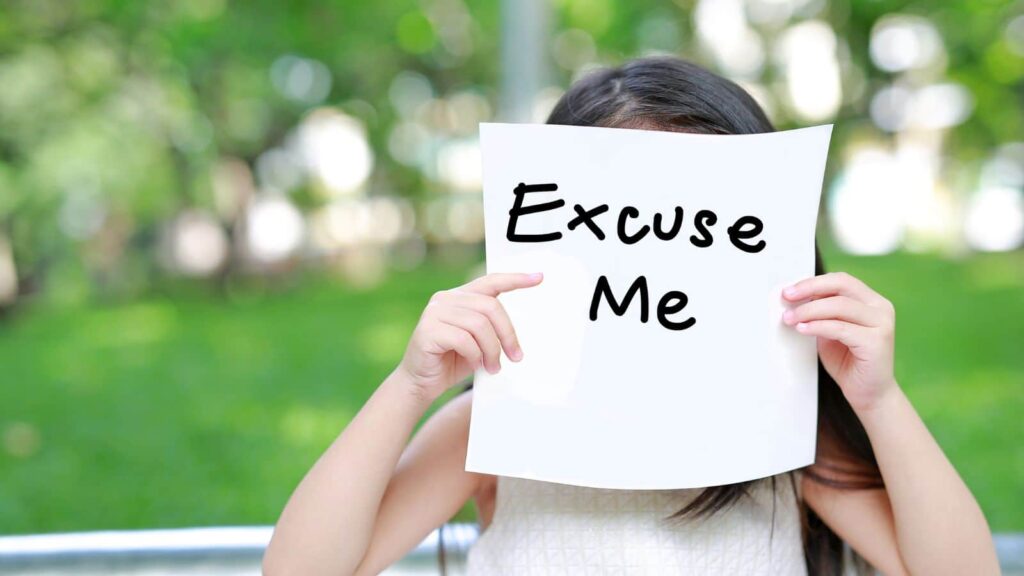
You’d think that bumping into someone and saying “excuse me” or acknowledging someone’s greeting to you would be common sense, but sadly not. Many people simply don’t think about these common acts of courtesy, making daily life a bit harder. Seriously, don’t be that person.
19 Grim Realities of Dating After 50 That Are Often Overlooked

19 Grim Realities of Dating After 50 That Are Often Overlooked
26 Things That Will Be Extinct Because Millennials Refuse to Buy Them

26 Things That Will Be Extinct Because Millennials Refuse to Buy Them
24 Outdated Slang Terms You Absolutely Shouldn’t Be Using Anymore

24 Outdated Slang Terms You Absolutely Shouldn’t Be Using Anymore
25 Hardest Parts About Getting Older That No One Ever Talks About

25 Hardest Parts About Getting Older That No One Ever Talks About






